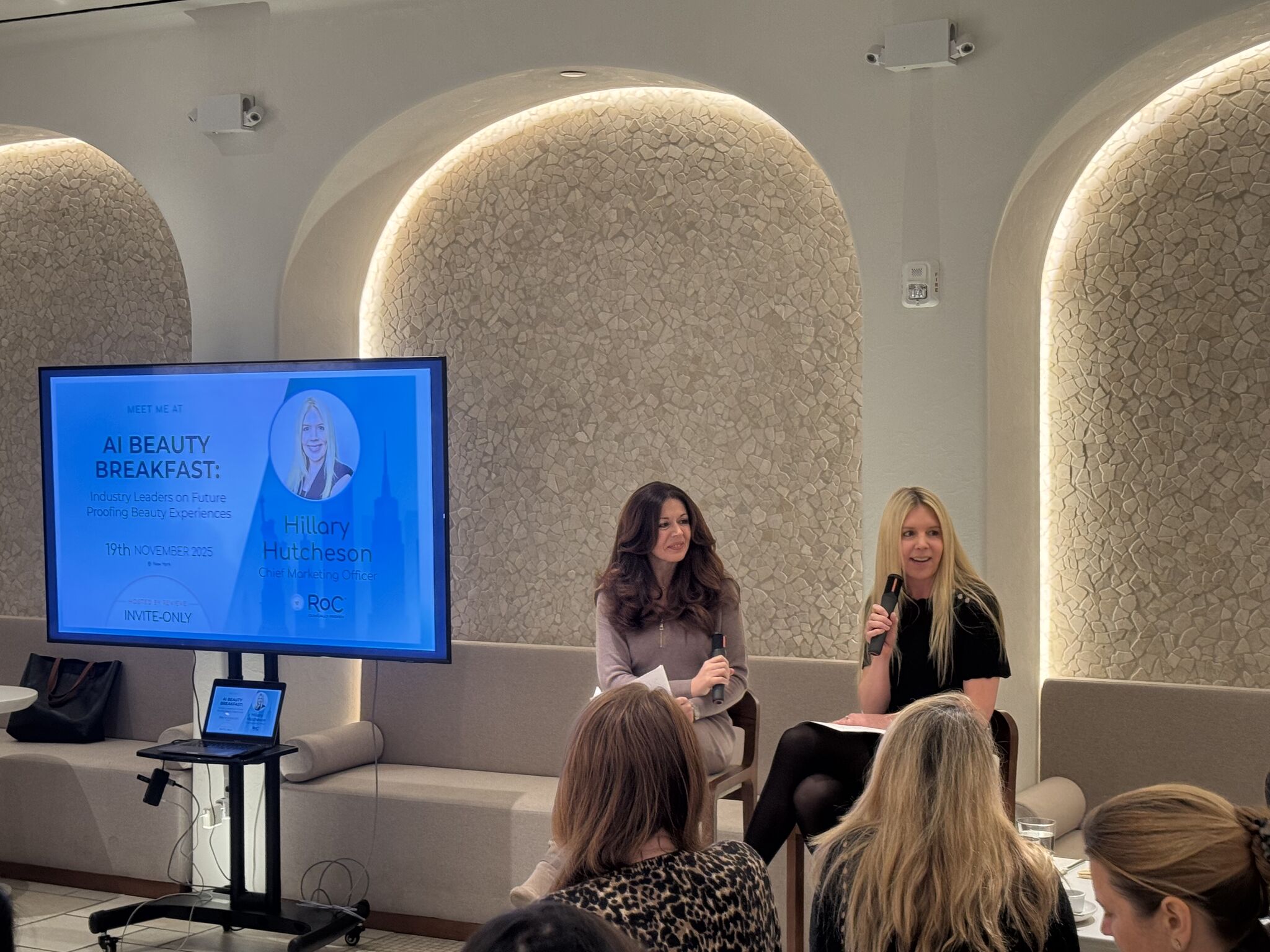Transforming Digital Beauty Experiences
Transforming Digital Beauty Experiences
Transforming Digital Beauty Experiences
Given the circumstances of working from home, social distancing, and mask-wearing in public places, the consumers admit the less importance and frequency of wearing color makeup and fragrance. As a result, the purchasing volume has declined by55-75% (McKinsey). However, eye makeup, including eyeshadow, eyeliner, and mascara, is still on the rise because eyes can't yet be seen even wearing the mask.
Since spending more time at home, customers want to take better care of their health and skin. Thus, skincare, hand care, hair care products, and essential items like soap, shower gel, and oral care remained largely resilient and even increased during the COVID-19.
After the COVID-19 crisis, skincare will continue to create a strong alignment with health, therapeutics, and overall wellness. Since the perception of beauty has developed over the years, such as looking healthy, building confidence and self-esteem, the "clean" to "conscious" movement in beauty will be reinforced.
Based on the research, skincare products considered as "clean" and therapeutic will benefit as the move towards preventative skin health exaggerates. Therefore, many opportunities arise from the wellness movement, such as preventing gut health and maintaining mental well-being, including beauty routines. The health-orientated approach will become even more vital in a post-COVID-19 world.
Social distancing is the new mantra while going out or interacting socially at the office. Masks have already become a mandate, enforceable by law in most countries. The same routine is likely to happen with gloves. People are almost getting sick about the use of sanitizers, social distancing, and hand-washing.
Download Now Full Report: How The Beauty Industry Seizes COVID-19: The Evolution of Digitalization
E-Commerce: The Evolution of Digitalization
Digital' phenomena' continue to accelerate, with direct-to-consumer brands' websites, entertaining social-media platforms, and marketplaces becoming more vital. From McKinsey's perspective, consumers are likely to increase their online engagement and further spending. Therefore, all brands will need to rethink their marketing activities, prioritizing digital channels to fulfill existing and new customers' needs. In support of the presented arguments, Euromonitor conducted Beauty Survey (2019) and has shown that accelerating digital interactions with customers is a critical factor in improving brand loyalty and sales, especially in more 'sensitive' categories as skincare & cosmetics. Beyond more traditional social media platforms, beauty advertising, videos, and live streaming on Instagram and TikTok will be vital for engaging generation Z.
Even in 2019, obtaining product information, beauty tips, or the latest trends and information on product usage were the top reasons for using beauty apps globally. The significant shift towards the digital world caused by the virus outbreak might be resulted in long-term transformations to consumer behavior and channel sales of personal care and beauty products, as more customers tend to consume online. The omnichannel experiences became the new force and have driven the beauty market when heightened uncertainty, insecurity, and anxiety. Moreover, artificial intelligence & testing, privacy, and customization must be considered since concerns about safety and hygiene heavily affect product testing and in-person consultations. The world is changing rapidly, and as the coronavirus crisis has shown, brands have to work on their product innovation and digital endeavor to go from product ideas to testing in less than a month. At present, the need for speed and immediate results is even greater.
Wellness and Beauty
However, wellness and beauty will continue to thrive as more people will need to “feel and look good.” A new skincare product or a relaxing therapy is always more than just a physical makeover. It means to be more self-confident, stay motivated, and get empowered to take action. New routines like a home office may initially “release” people from clothing stores, grooming and dressing up.
Thus, while home self-care is trending, AR & AI technology, online makeup apps, online bookings, self-check-ins, online payments, and many such features will eliminate unnecessary touch interactions. The COVID-19 crisis has the potential to change consumer behavior and prioritize consumer health and wellness in the long term, potentially increasing demand for skin health attributes, vitamins, mental wellbeing, conscious beauty, and in-home therapies.
All brands must prepare to offer more of these digital services, products, and channels to reach and maintain online customers worldwide. The beauty augmented reality experiences will become the norm.
According to National Real Estate Investor, some cosmetic retail giants, such as Ulta Beauty Inc. and Sephora, have found a whole new way of doing business. Both retailers have reopened stores under new safety regulations, including virtual skin diagnosis, makeup trials, no-testers, masked employees, social distancing, and contactless checkout. Experts say these restrictions pose some challenges.
The discussion around inside-out beauty will continue to accelerate. Since the outbreak of COVID-19, consumers have begun to focus even more on making sure they are getting the proper nutrients to support a robust immune system and healthy glowing skin. In recent years, the beauty and wellness tandem has grown rapidly—consumers have invested heavily in their overall wellbeing with treatments and supplements that aren’t always priced accessible for the mass market. As we move into a post-pandemic mindset, consumers will insist on easy-to-understand, mainstream solutions for their wellbeing.





